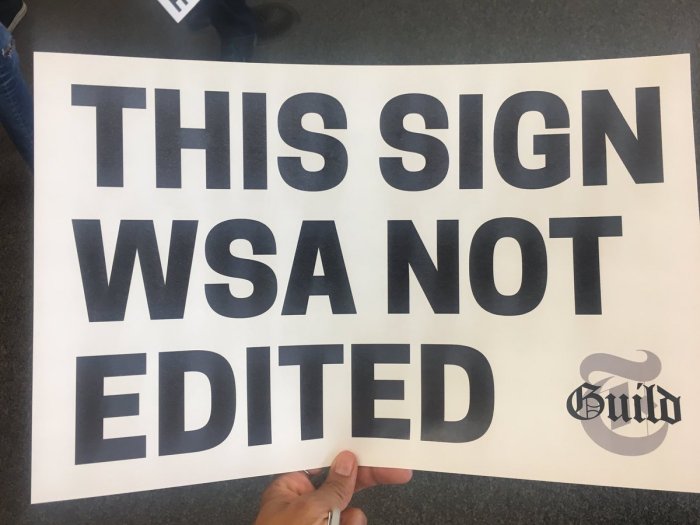
As I read The Secret Life of Bletchley Park by Sinclair McKay, I’m struck by the universal expectation of speed and accuracy that the code breakers constantly labored under.
There was no other choice. The quickness and precision of their work were truly matters of life and death.
“Close is only good enough in horseshoes and hand grenades” is an indication of how much society values accuracy.
We demand it in our health care, in business, in science, and in mathematics. We get upset (rightfully so) when someone bills us incorrectly or makes a mistake in our bank accounts.
Why, then, are we complacent about inaccuracies in written communication?
I’m not just talking about inaccuracies in word use or grammar. Those can be very irritating and cause misunderstanding – yes. But, a dedicated reader will go back and translate the meaning (although they shouldn’t have to).
What worries me is when writers offer something as a statement of fact when it may just be conjecture or rumor. Worse is saying something that is downright wrong without having checked first.
“What’s the harm?” you ask.
The most glaring example I can think of is the initial coverage of the December 14, 2012 Sandy Hook Elementary School shooting in Newtown, Connecticut. Credible news agencies reported, with “unnamed sources” as the basis, that Ryan Lanza, instead of his brother Adam, was the shooter.
In fact, Ryan was nowhere near Connecticut. Can you imagine how his neighbors, coworkers, and friends would have treated him after that incorrect information spread like wildfire? Can you imagine how he felt when authorities searched his New Jersey apartment?
It’s bad enough that his brother had committed the heinous crimes, but to be seen by the world as the perpetrator as well must have been devastating. How could you get over being accused of killing your own mother and innocent children and school staff, even if briefly?
Sure, this is an extreme example, but this idea of “close is good enough” in our communication can cause headaches.
One manufacturer I worked for had a plant in Mexico. Specifications for a design change omitted whether it should be in inches or centimeters. When the prototype part was made, it was gigantically wrong. The failure to include what form of measurement cost lots of time and money.
We tend to write more when communicating these days, not less. Social media is rife with inaccuracies, assumptions, and miscommunication because people write without checking the facts or being accurate in what they say and how they say it. This has ruined relationships and reputations unnecessarily.
I will admit that I have fallen into the “it’s good enough” trap, especially when it comes to papers written in my non-writing courses. I try to be generous by reading what students intend to say instead of what they actually do. I lower my expectations of precise communication. I need be clear that they must write clearly, no matter the pain of giving a bad grade.
If we all start expecting accuracy in our communication, can we change the world?
 “It’s back to work that I want to go,” Grammar Smith said.
“It’s back to work that I want to go,” Grammar Smith said. Detective Dis Connect was worried. He hadn’t heard from Lieutenant Grammar Smith in two weeks. Smith was deep undercover pursuing Peter Passive and his group of energy sappers.
Detective Dis Connect was worried. He hadn’t heard from Lieutenant Grammar Smith in two weeks. Smith was deep undercover pursuing Peter Passive and his group of energy sappers.







